Just over a year ago, CodeBase Stirling flung open its doors to welcome a new batch of startups and scaleups.
It was the foundation stone of what is hoped will grow into a thriving startup community. Twelve months on and we’re heading in the right direction. It’s perhaps time, then, to look at the lessons learned from the experience of building a startup community from scratch.
Unlike our neighbours in Edinburgh, the tech community in Stirling is still blossoming, and the number of startups are continuing to grow, so developing a hub and a culture that both creates the right environment for new startups to flourish and attract existing ones from outwith the immediate vicinity, was vital. We like to think we’re doing just that. Our growing community, which currently stands at 13 companies with approximately 80 employees, is a friendly, supportive and collaborative one.
One of the vital components in building our community has been the role of Community Champions - those tenants who take a proactive role, participate in social activities, attend events, offer their advice freely and encourage others to so the same. While we can facilitate the building blocks necessary for a startup community to grow, the true growth must come from within the community, and that’s where the Champions play a vital role. An estimated guess would say around 5% of the tenants would be considered true Community Champions and they really are to be treasured. However, it’s also important they are encouraged but never exploited. Yes, they do a first class job encouraging collaboration and participation in events, and engage on a daily basis, but it’s important to remember they have day jobs, often as founders, and you have to refrain from asking too much of them, especially when they are entering a vital phase of their startup journey (investment, growth, etc).
Outwith the small circle of Community Champions, we’ve found that approx 80% of tenants will engage with the staff team throughout the course of a week. From visiting the communal kitchen and playing table tennis, to playing an active role in Slack. What’s certain, is that tenant engagement rises with the number of social events we host.
And that’s one of the biggest lessons learned: if you want to build a collaborative and supportive community, where tenants can seek advice and bounce ideas off one another, you need to give them a reason to come together. Often that reason has nothing to do with business growth. Our most successful events, in terms of bringing a diverse community together, have been social events - coffee mornings, table tennis tournaments and visits to the pub. And sometimes, unlikely alliances occur.
In driving forward our small startup community, running events, both for the internal and external community, has been fundamentally important. It’ been crucial to listen to the community. Don’t assume to know what events or meetups they will or won’t benefit from. And just because an event works well somewhere else, don’t assume it will work in your new startup community. For us, the startup and tech ecosystem in Stirling is very different to the more mature community in Edinburgh. Startups are at a very different point in their journey and have different needs.
That said, often the community doesn’t know what it wants and the events programme is a process of trial and error. But one proven way of discovering what events benefit the community is to let members of the community run their own event. Encourage them to organise their own events/social clubs/meetups but keep your distance. Facilitate, participate when appropriate, and let events keeps their grassroots nature.
Each startup community will inevitably face its own unique challenges, but as long as you’re responsive to that particular environment and your vision of fostering a supportive and collaborative ecosystem doesn't waver, you’re heading in the right direction.

